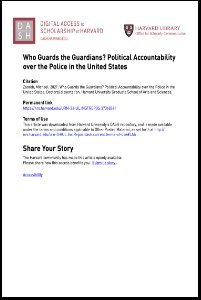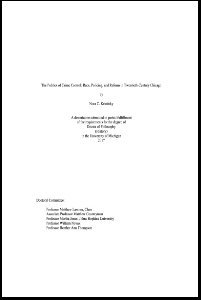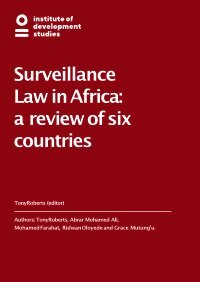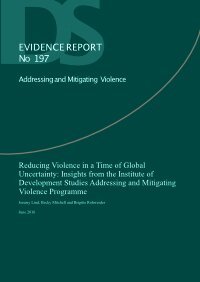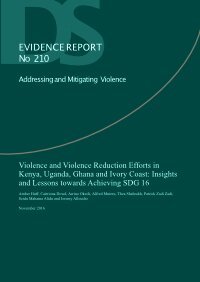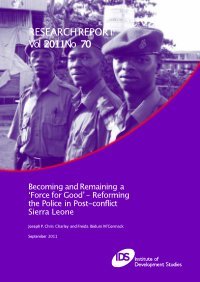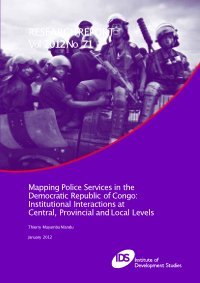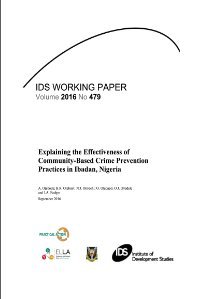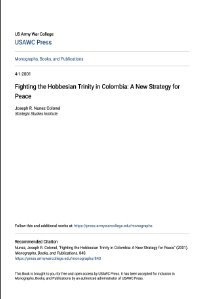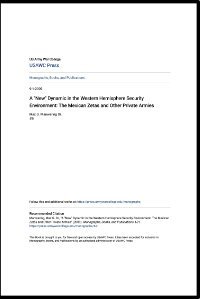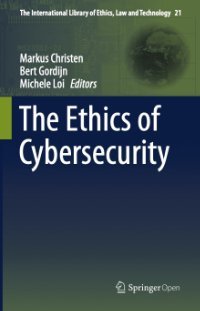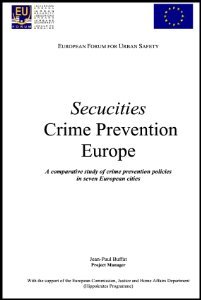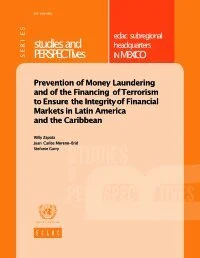By Zoorob, Michael
Under what conditions can citizens hold government officials accountable for their behavior? I examine accountability over the police, a pervasive face of the state as experienced by most people. Like elected politicians, police enjoy significant discretion, limited oversight, power, and corruptibility. Continued problems of police violence and disparate treatment, especially against Black Americans, have shown the importance of accountable policing.
Using calls for service records, election returns, survey data, and case studies, I explore challenges of political accountability across the highly varied 18,000 police department in the United States. The police are both a nationally salient social group – evaluated differently by partisans in a national media environment – as well as a locally-provided government function that tens of millions of Americans encounter regularly. This decentralization complicates improvements to policing policies by limiting the impacts of reform activism to particular cities and by misaligning activism with local conditions.
Cambridge, MA: Harvard University, 2021. 207p.


